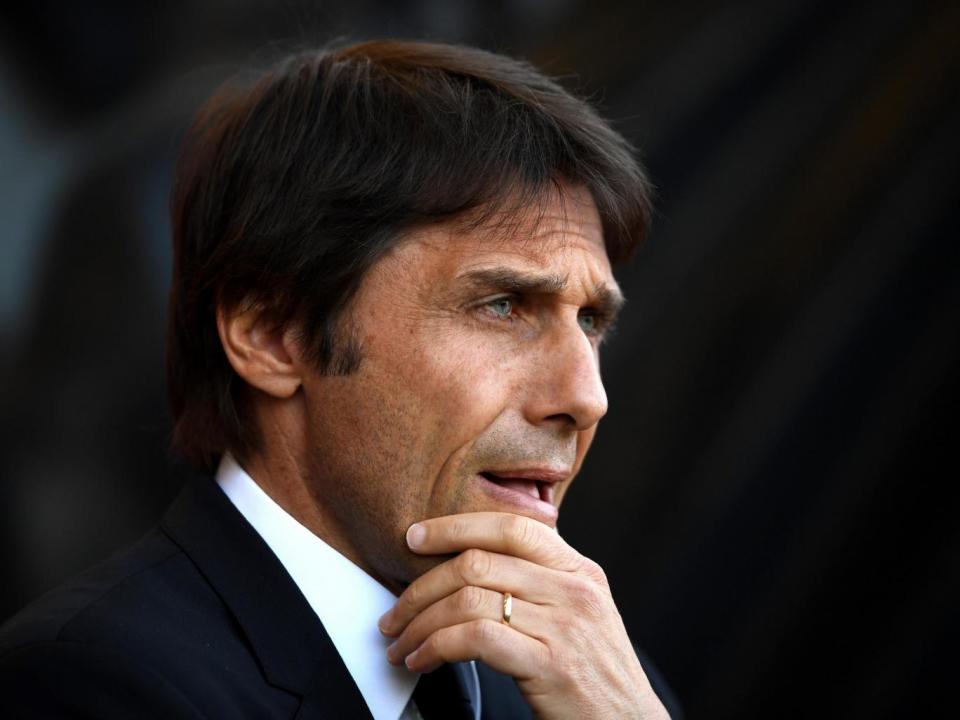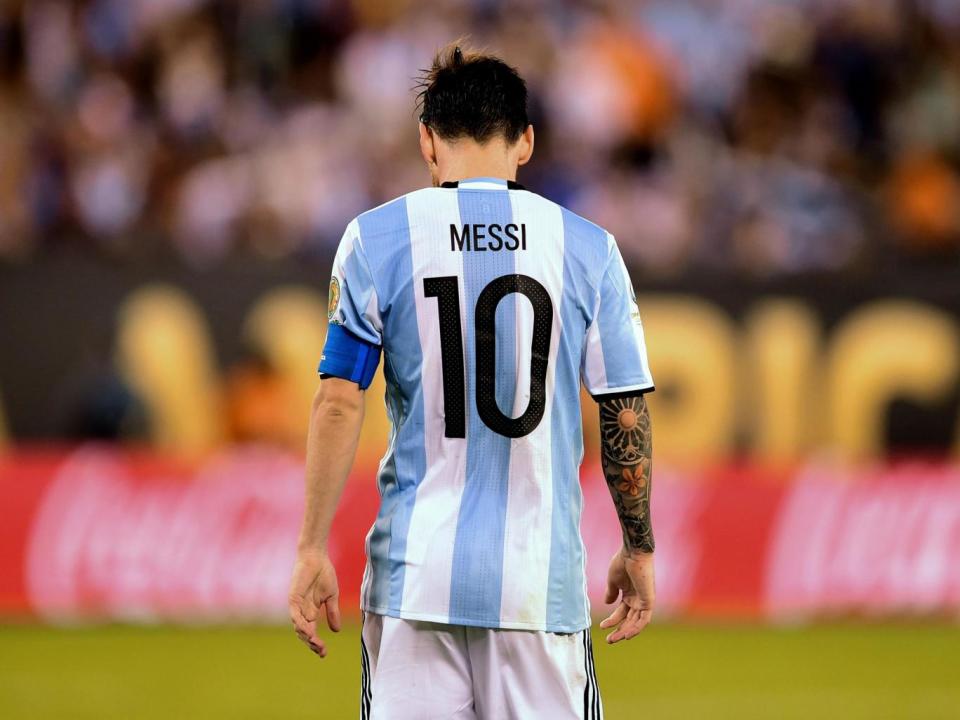Jorge Sampaoli is going against the grain, shunning top clubs for a return to international management

The Premier League may have gone very differently this season had Chelsea opted for Jorge Sampaoli, rather than Antonio Conte, as the long-term successor for Jose Mourinho last year.
If you ask the Blues, Conte was always first choice. If you ask Sampaoli, he was considering the offer from west London until Sevilla sporting director Monchi called and offered him a sporting project that he simply could not turn down.
The rights and wrongs of his non-arrival at Stamford Bridge are lost to the irrelevance of the past but Sampaoli, who had never previously managed a club side outside of South America, has made a name for himself in Europe this season.

Taking over in Seville on the back of three consecutive Europa League titles, the Argentine eschewed the easy, pragmatic option of continuity and instead quickly established his energetic style of play and key footballing principles.
Sampaoli has moved away from the Bielsan 3-4-3 he favoured with Chile and Universidad de Chile and has been tactically flexible. He has not, however, moved away from his obsession with possession, of quick, short passing and attacking with feverish intent.
While the defeat to Barcelona last week appeared to signal the end of Sevilla's valiant title challenge, Sampaoli's maiden campaign on Spanish soil has been an impressive one when twinned with the demands of the Champions League. The football was entertaining, results were excellent, the foundation was laid. More was surely to come.
Or not.
Jorge Sampaoli had considered the Argentina vacancy last summer but it came at a bad time for him, just after agreeing to take over in Seville and with the Argentine FA (AFA) in crisis. While the boardroom situation hasn't got much better at the AFA, with many of the officials involved far more suited to clown suits than Conmebol, their pressing need for an effective coach has only intensified. Shorn of Lionel Messi by suspension, Argentina are panicking about missing out on World Cup qualification and have dumped the hapless Edgardo Bauza. The chosen one is Jorge Sampaoli, even if he has been the chosen one before and said no.
As well as Sampaoli, Argentina had tried to convince Mauricio Pochettino and Diego Simeone that they could win a World Cup with the glut of talent available to them but the answer from those two was, as you'd expect, still no. But there has been an about turn.
Because as incompetent as the governing body of Argentinean football is, not even they would have sacked Bauza on Monday without even having an idea that, this time, Sampaoli was going to say yes.

Indeed, The Independent understands that the 57-year-old is ready to walk away after just one season in Seville and return to international management.
In many ways it is a confusing decision to make. International football has rarely, if ever, been rendered as meaningless as it is now by club football. Players routinely skip international duty to be fit for their clubs, while the best managers all ply their game with full-time domestic teams, not international ones.
The quality of the coaching at Euro 2016, for example, was largely very poor. The gaggle of managers were either young bucks yet to establish themselves in club football and thrust into the job or, at the other end of the spectrum, those winding down their careers. The obvious exception was Antonio Conte, who helped the worst Italy squad since the 1950s to grossly over-achieve before elimination by Germany after a penalty shoot-out.
For a coach who has just done what Sampaoli has done with Sevilla to decide to reverse course and return to the international game is a surprise. He is a salmon leaping upstream.
From Sampaoli's perspective you could perhaps see that, considering his relationship with the Sevilla president has deteriorated dramatically since the autumn and his close ally Monchi is leaving in the summer, Seville wasn't necessarily a place he wanted to stay. But he need only take a year in the Argentina job, give a good showing in Russia (at Messi's final major tournament) and he would surely be a candidate for one of the big European posts.
Instead, Sampaoli is insisting on a contract until 2022 and committing himself to the humdrum of international football for the next five laps around the sun.

This may come across as Eurocentric and excessively harsh on international football, but even Fifa themselves have recognised that they need to re-capture interest in the international game outside major tournaments and, thus far, they've not succeeded. All the game's money pours endlessly into the club pot and that is where the best football is played now. The Champions League is a showcase of far greater football than the World Cup or European Championships are - and that trend does not look like reversing anytime soon.
For a patriot like Sampaoli, a man who has had success in international football before and feels he can do so again with the country of his birth, it is an understandable position to take. And good luck to him.
But it remains a counter-intuitive move, like that salmon swimming upstream, and leaves neutrals with a rare tinge of disappointment as one of football's most entertaining coaches shuns the club game for what might just have been his best years.

 Yahoo Sport
Yahoo Sport 





































